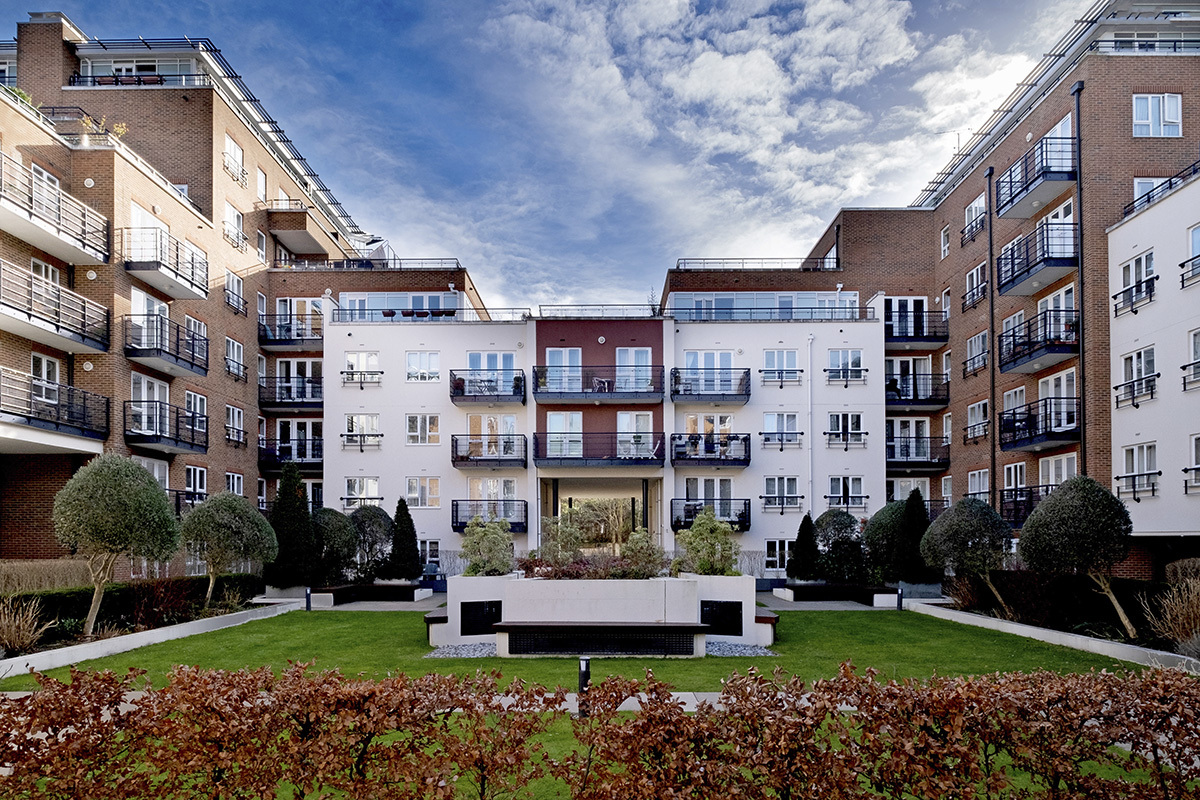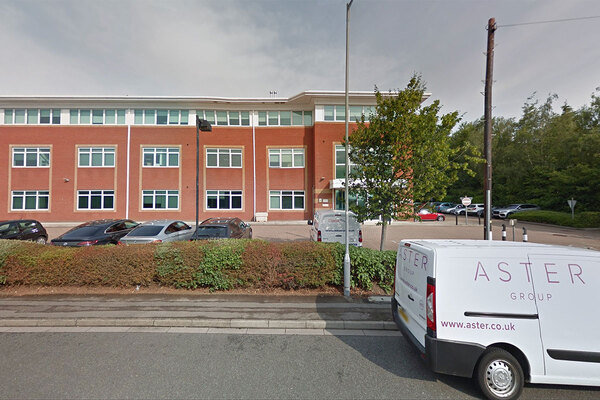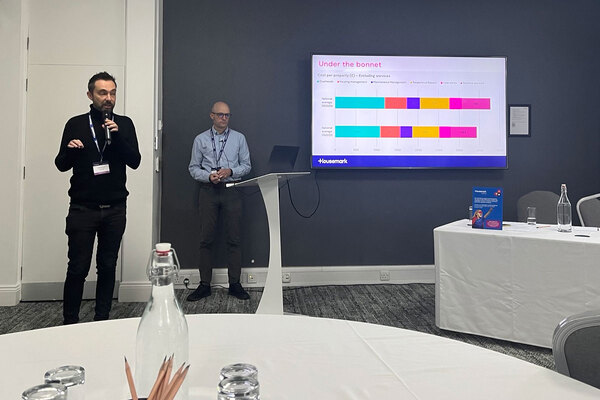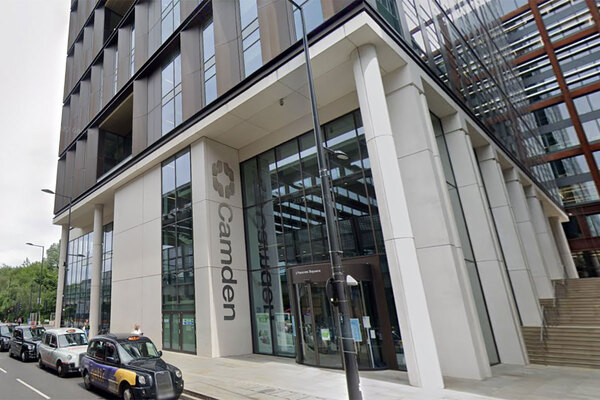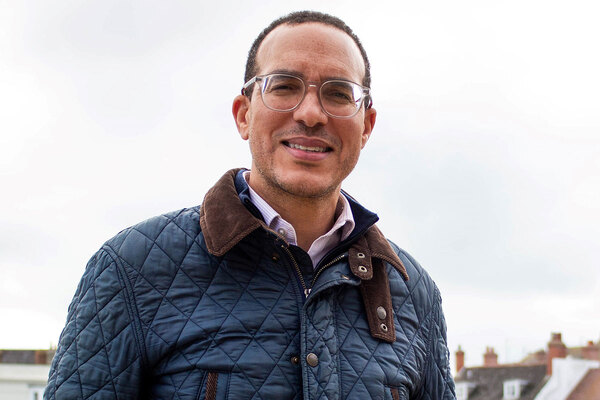You are viewing 1 of your 1 free articles

Nick Atkin is chief executive of Yorkshire Housing
All I want for Christmas is a long-term plan for housing
As the 2024 general election approaches, Nick Atkin explores what the sector needs to tackle the housing crisis
The need for a long-term plan for housing is clear. Despite being the sixth-largest economy in the world*, there are 8.5 million people in England who can’t access the housing they need and around 4.2 million children living in poverty in the UK.
A recent report by the Joseph Rowntree Foundation revealed that one million children in the UK experienced “horrifying levels of destitution” last year. This is classified as the most extreme level of poverty, with families unable to meet their most basic needs of keeping warm, dry, clean and fed.
In June, the National Housing Federation (NHF) set out what could happen if we fail to tackle the housing crisis: more children living in unsuitable temporary housing, an increase in homelessness, a worsening affordability crisis and a rise in homes with heating systems that plunge more families into fuel poverty.
Homes for the North recently published The Plan for More and Better Homes. While this is a long-term plan to build capacity for economic growth and greater opportunity in communities across the North, the principles can be applied nationwide.
So, with a general election looming, what does the sector need from the next government?
Funding
The maths is simple. We can’t build the affordable homes we need without more funding.
The government is projected to spend £484.1bn on health, education and welfare in 2025-26. If it spent just 1.95%** of that on housing, we’d be able to build the 145,000 affordable homes the NHF says we need to build each year.
We need politicians – both current and newly elected – to understand how access to good-quality affordable housing increases positive health outcomes, improves a child’s school attainment and reduces the need for state welfare intervention.
Housing will be one of the key battlegrounds ahead of the next election, with all three main political parties committing to building more homes in some way, shape or form. The ideas are there, but the funding isn’t.
Right now, the biggest block to progress in the housing crisis is politics. Housing shouldn’t be a political issue. It should be a fundamental right.
Alongside strong civic leadership and a strategic vision, landlords need certainty in two forms.
First, they need long-term funding at the right levels for a minimum of five years. Many of the new build and regeneration projects we’re involved in are complex and span several years, so longer-term funding is vital. This would require the Treasury to commit to funding the Affordable Homes Programme beyond the current term.
Second, they need certainty to continue to develop rents. There’s a lack of confidence in the existing rent settlement – hardly surprising when you consider that for five of the past eight years it’s been in place the government has changed how rents are set.
We should follow the approach adopted for interest rates and take the politics out of the process. Perhaps rents and Local Housing Allowance could be set by an independent body.
Devo-solution
There’s no doubt devolution is helping us to build more homes. However, more needs to be done and directly elected mayors need greater powers and funding to meet local housing needs.
The region’s devolved authorities need to be given increased flexibility over their own resources so they can do more to tackle the housing crisis and invest in the next generation of homes. That means providing greater fiscal devolution to boost investment in new homes, infrastructure and skills.
It also requires them to have more flexibility over how monies are spent. Currently, we rely on a cocktail of different funding, some of the terms of which can actively work against each other. This needs to be streamlined and simplified.
They also need new powers and resources to help bring forward more land at speed, and to make sure the profits made by private developers are used to pay for the infrastructure and affordable housing the area needs to support population growth and allow people to thrive.
Planning
One of the biggest issues housing associations and developers face is the planning system.
It’s widely accepted that wholesale reform of the planning system is needed to ensure more land suitable for development is brought forward quickly and at a reasonable price. The government needs to look at how public land can also be brought forward at speed to boost the delivery of new affordable homes.
Local authorities have been forced to reduce their budgets for several years. Planning departments have been hit hard and we’re now paying the price. The planning system is central to the success or failure to build enough homes, particularly where housing need is greatest. So, local authority planning departments need to be properly resourced and ring-fenced to help address a system that’s widely seen as slow, costly and complex.
Although the Levelling Up and Regeneration Act contains measures to reform the planning system, there are some concerns, not least from the Levelling Up, Housing and Communities Committee, that it could reduce housebuilding by around 150,000 units a year. This is something we can ill afford if we’re serious about tackling the housing crisis.
One solution would be to speed up the process through a fast-track system for regeneration schemes where there’s a proven wider socio-economic benefit.
The evidence is clear. We need a long-term plan to tackle the housing crisis.
Investing in affordable housing creates a multiplier effect which generates jobs, improves health and education, and boosts the economy. Whoever wins the next general election faces a once-in-a-lifetime opportunity to address the housing crisis and build a brighter, more prosperous future.
*Sixth-largest economy in the world by GDP
**Cost to build one home through the AHP is £68,800. 68800 x 145000 = 1.95% of £484.1bn
Nick Atkin, chief executive, Yorkshire Housing
